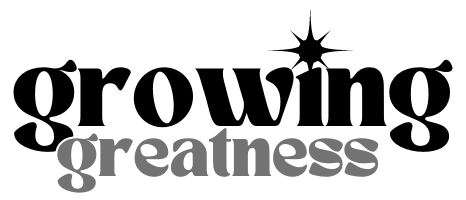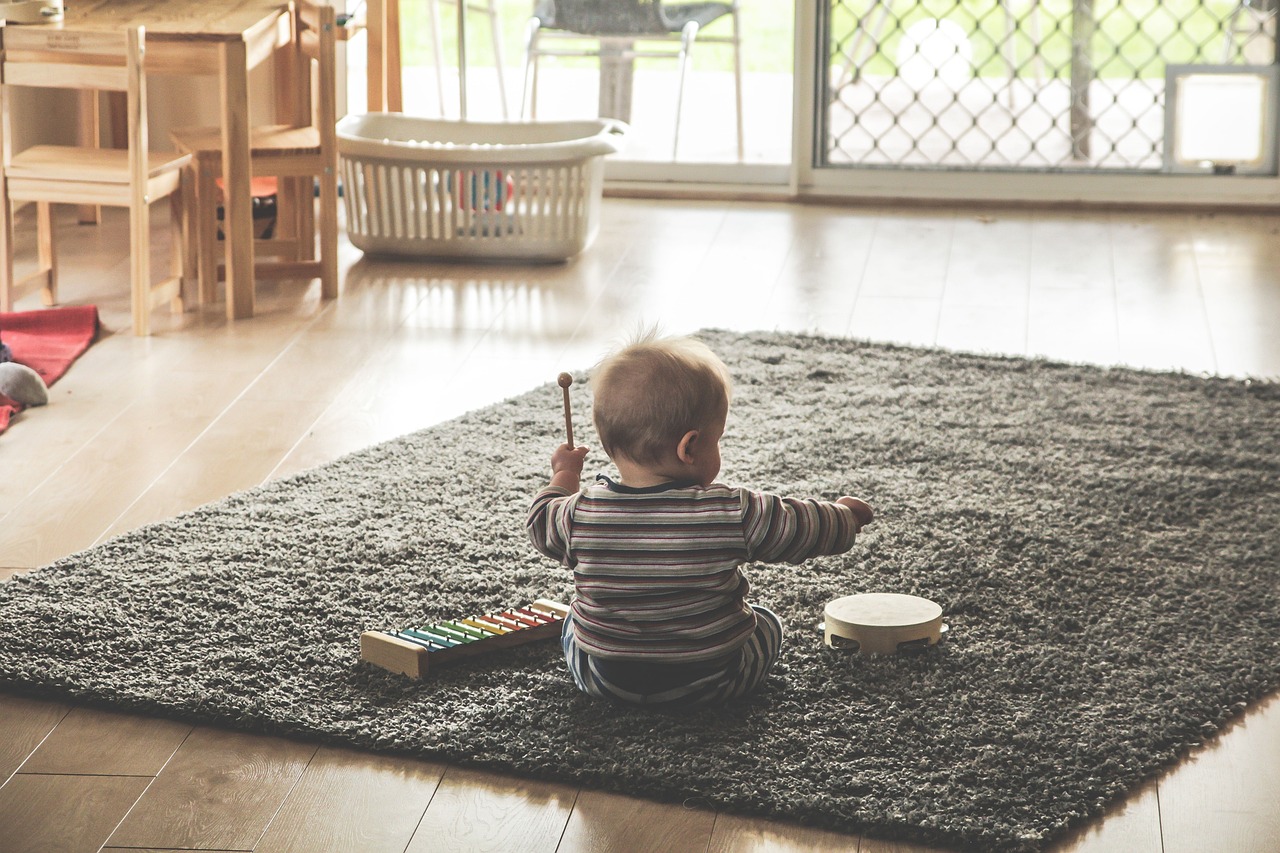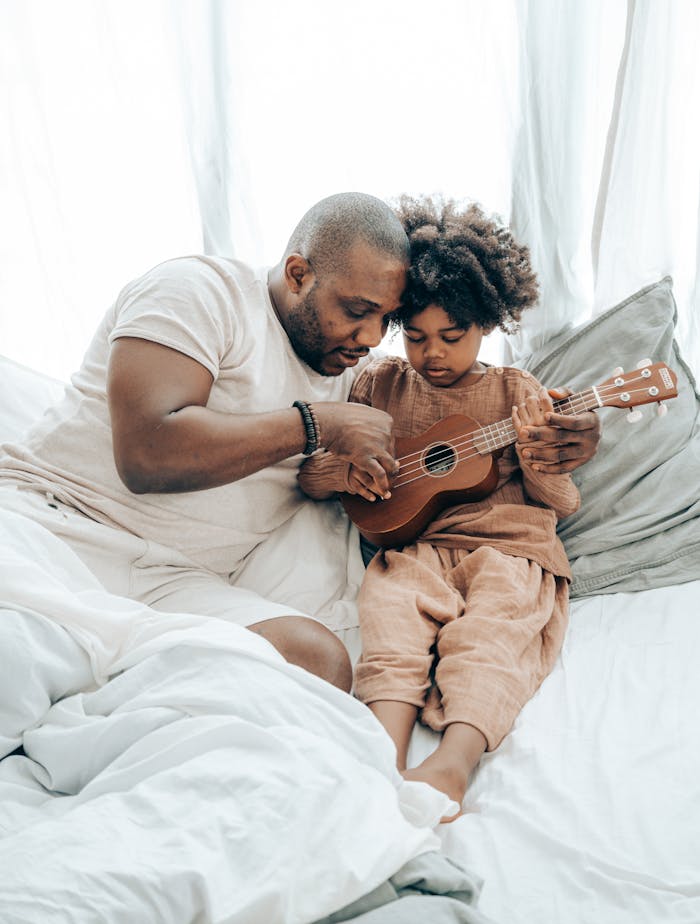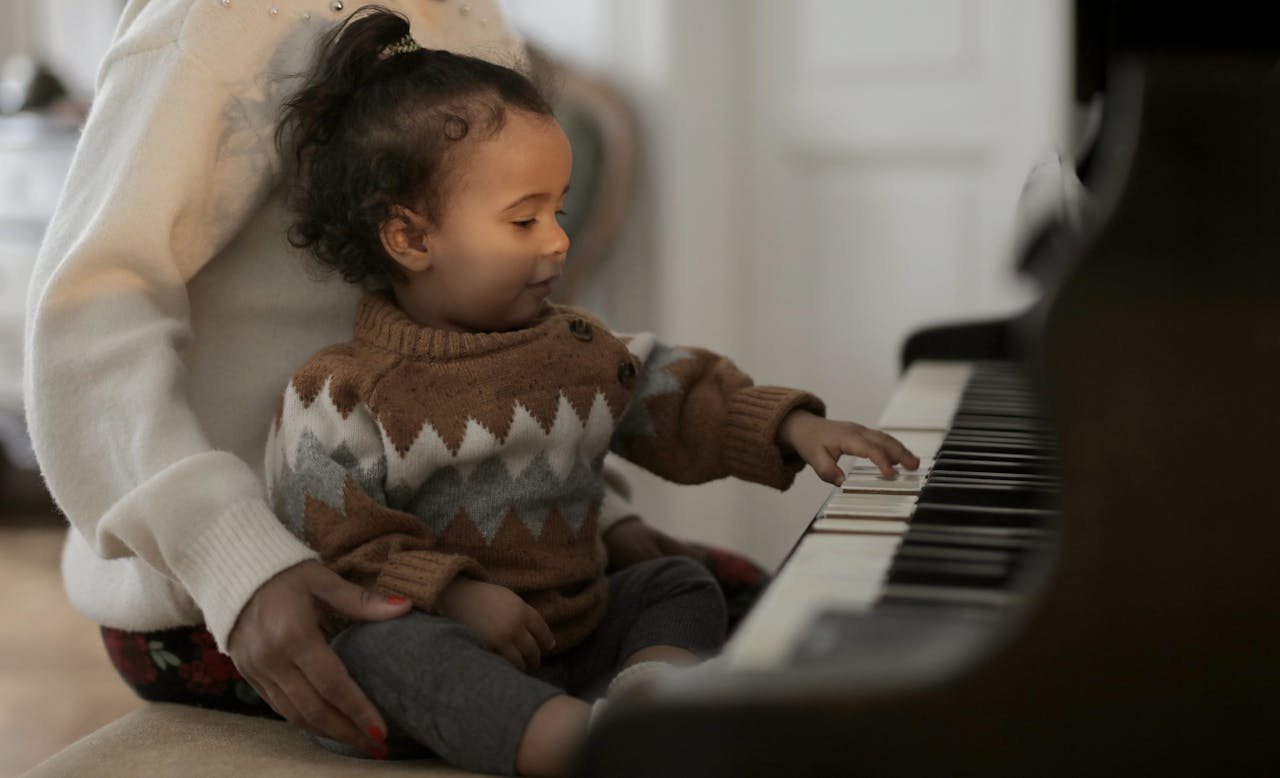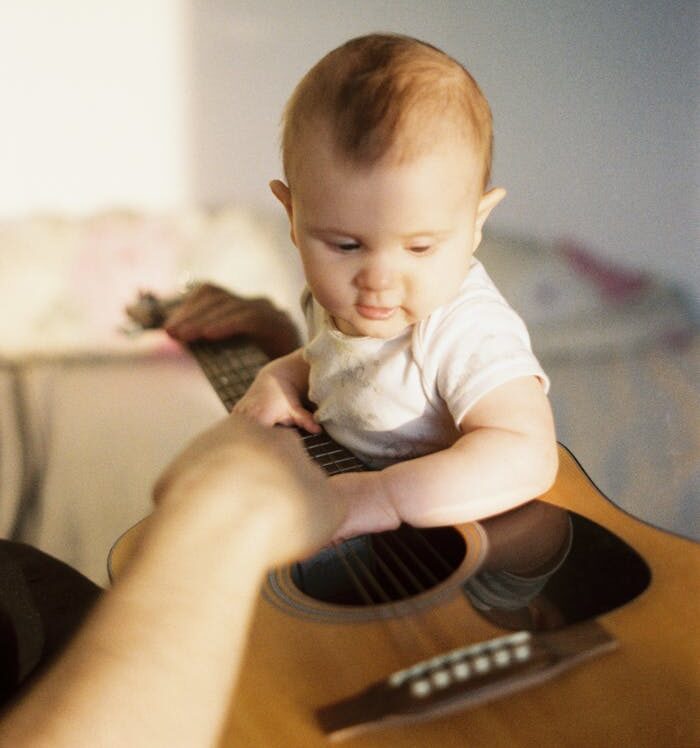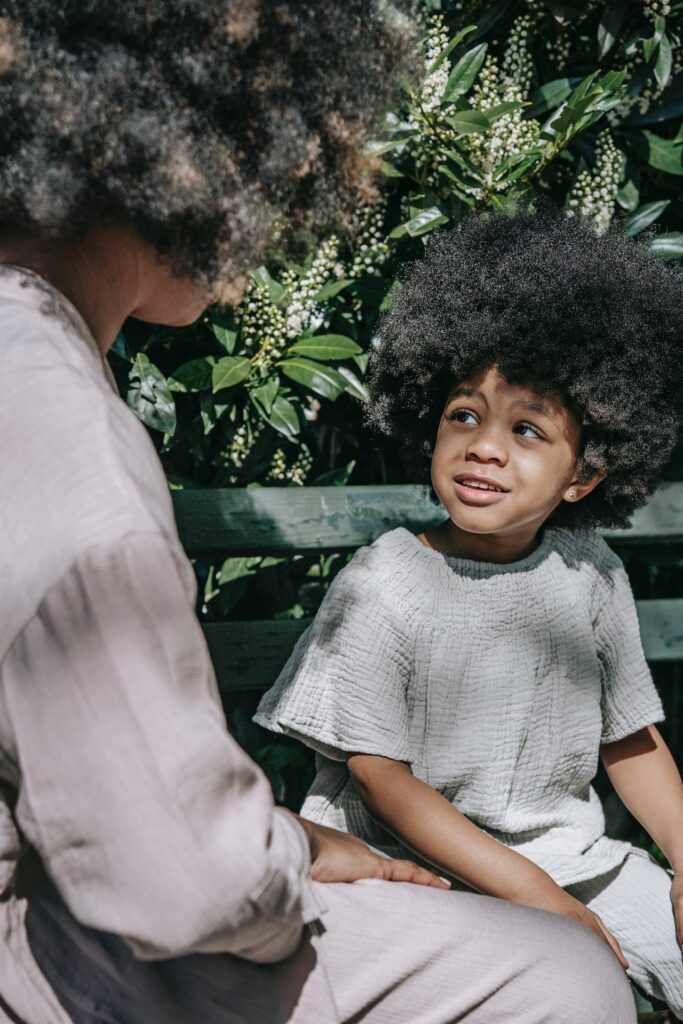Music has a beautiful way of weaving itself into a child’s life; from the gentle lullabies that soother a baby to the nursery rhymes that toddlers love and adore! But Music is so much more than just this, and plays a pivotal role in nurturing child development.
Let’s explore the myriads of beautiful benefits of Music from infancy to adolescence.
Cognitive Development
Enhanced Memory – Music, with its patterns and repetitions, helps children enhance their memory and recall abilities. We often see children remember the lyrics to their favourite songs so effortlessly.
Improved Language Development – Listening to songs with diverse vocabulary, melodies, and rhythms supports language development, by helping children build their vocabulary and understand phonetics.
Mathematical Skills – The rhythmic structure of music is essentially mathematical. Children exposed to music develop a better sense of timing, patterns, and mathematical concepts.
Emotional Expression
Emotional Literacy – Music allows children to connect with and express their emotions. Listening to different genres and discussing the stories and feelings behind the songs helps children to develop emotional intelligence.
Stress Reduction – Music has a calming effect on all of us and can help alleviate stress and anxiety. This is particularly helpful for children facing challenging situations or times of transition.
Empathy and Compassion- Music often tells stories, and listening to these stories can help children understand the feelings and perspectives of others, encouraging empathy and compassion.
Social and Communication Skills
Cooperation – Singing or playing music in a group setting promotes teamwork and cooperation between children as they learn to listen, adjust, and contribute to the groups harmony.
Self-Expression – Music offers a safe and enjoyable outlet for self-expression. It enables children to communicate their feelings and thoughts through singing, dancing, or playing and instrument.
Confidence –Performing in front of an audience, whether it’s just family members or a larger group, boosts a child’s self-esteem and confidence.
Motor Skills
Gross Motor Skills – Dancing to music or playing instruments can improve gross motor skills. Movements that go along with music can help children develop balance and coordination.
Fine Motor Skills – Learning to play a musical instrument, such as a piano or guitar, enhances fine motor skills as children manipulate their fingers to produce sounds.
Creativity and Imagination
Storytelling – Music often tells a story, and children can use their imagination to create their own narratives based on the music they hear.
Innovation – Learning to play an instrument or creating melodies encourages creativity and innovation as it helps children think outside the box.
Problem-Solving – Figuring out how to play a particular tune or piece on an instrument involves problem-solving skills; children can identify their mistakes and correct their playing.
Music is a magical tool for child development, engaging all aspects of a child’s growth – cognitive, emotional, social and physical. A parents and caregivers, we can enhance a child’s development by exposing them to music, whether it’s through listening to songs, singing, dancing or playing instruments.
